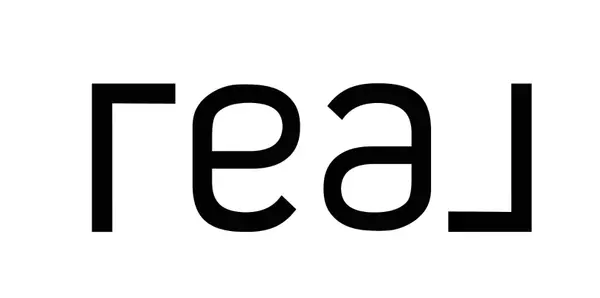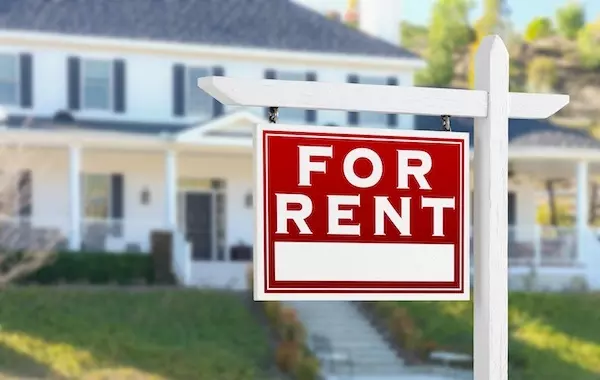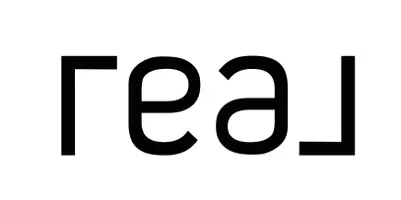Closing Costs Explained
Closing Costs Explained
Buying a new home can be an exciting and fulfilling experience. However, it's important to be aware of the various costs involved, especially when it comes to closing on the property. Closing costs are expenses that must be paid at the end of a real estate transaction, and they can vary depending on the location, the type of property, and the intricacies of the deal. In this blog, we will delve into the world of closing costs, providing you with an understanding of what they are, how much you can expect to pay, the types of closing costs, and even some tips for negotiating.

Closing costs are the fees and expenses associated with finalizing a real estate transaction. They are typically paid by the buyer, although in some cases, the seller may also have some costs to cover. These costs are over and above the purchase price of the property and cover a range of services and paperwork required to complete the sale.
The total amount you can expect to pay in closing costs will vary depending on factors such as the purchase price, the location, and the intricacies of the deal. On average, closing costs can range from 2% to 5% of the purchase price. For example, if you are buying a home worth $300,000, you could expect to pay anywhere between $6,000 and $15,000 in closing costs.
Closing costs can be broken down into several categories. Some of the most common types of closing costs include:
Application Fee: The lender will charge this fee to process the application.
Appraisal Fees: These fees cover the cost of having a professional appraiser evaluate the property's market value.T
Title Insurance: This insurance protects both the buyer and the lender against any future disputes over ownership or claims of ownership on the property.
Inspection Fees: These fees cover the cost of having the property inspected for any potential issues or damages.
Closing Fee: Fee paid to escrow company.
Home Owner Insurance: Provide evidence that you've paid your homeowner premium.
Origination Fee: Covers all your administrative costs for processing your mortgage.
Private Mortgage Insurance: Only necessary if your down payment is under 20%.
Recording Fee: County or city charges this fee to create public land records.
Underwriting Fee: Lender fee to cover the process of verifying a buyer's income, financial information, credit and employement.
When it comes to negotiating closing costs, some fees may be negotiable, while others are not. For instance, you may be able to negotiate the lender's origination fee or ask the seller to cover a portion of the closing costs. It's always a good idea to discuss your options with your real estate agent, who can guide you through the negotiation process and help you save money.
In conclusion, closing costs are an essential part of any real estate transaction. These costs can be high and your lender should give you an estimate of your closing costs along with your projected monthly payments shortly after applying for the loan. By understanding what closing costs are and how much you can expect to pay, you can be better prepared for the financial aspect of buying a new home. Remember to explore your options for negotiation and seek professional advice to ensure a smooth and cost-effective closing process.
Adriana Michaels, Engel & Volkers, LA South Bay
Categories
Recent Posts











